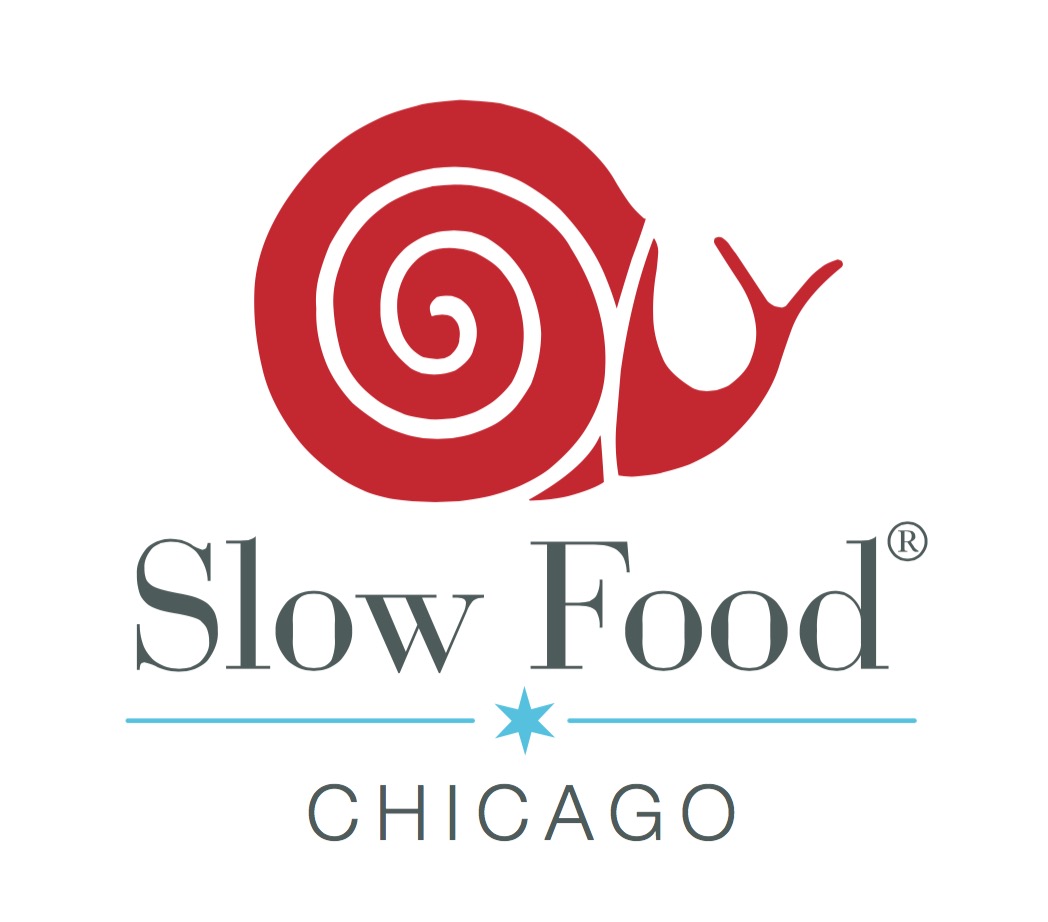Slow Food Discount Partner Profile : Indie Coffee Passport
/We were fortunate to get to have a chat with Dori Rubin of Indie Coffee Passport Chicago - the generous discount partner for Slow Food Chicago members during the month of December. That's right. Discount coffee. There are plenty of "perks" to being a Slow Food Chicago member. (pun intended) Exploring the world of coffee is just one of them. Read on to see how Dori's coffee fueled company relates to the Slow Food mission of Good, Clean, Fair - and why you're going to want to get in on this discount.
What was the idea behind Indie Coffee Passport? How did you start?
Indie Coffee Passport Chicago is a concept that gives customers the opportunity to discover Chicago's independent coffee culture. The idea is simple. Purchase a passport for $25 and get one coffee or tea drink (up to $5 menu price) at each of the 22 participating coffee shops across the city.
Originally started in Toronto, this project has gotten coffee lovers in the door and outside their stomping grounds since 2010. I first got involved when visiting a friend in Toronto. I was immediately hooked on the concept and made it my mission to bring it here to Chicago. After a successful first round last year, we're back for round two!
What would you be doing right now on a typical workday?
My days are interesting because I run the coffee passport and also have a full time job working in market research. Indie Coffee Passport is a passion project for me. It started as a labor of love in Toronto and that couldn't be truer of my situation as well. I run around to the shops on the weekends and fill orders in the evenings. No day is typical, but most are eventful!
What's the best part about your job? The hardest part?
I love hearing the stories of the new places people have tried and how excited they are to share. If I can provide an excuse for someone to go to a neighborhood they've never explored or make a coffee date with a friend, I'm thrilled. There are so many positive consequences of joining the Indie Coffee Passport community. Any reminder of that makes the whole busy existence well worth the while.
What do you think is the biggest obstacle for Chicago's food systems to overcome?
As with any small business or local establishment, I think it's hard to change people's perspective away from what's easy. People look for convenience and that's not always what's best. It's easy to swing by a Starbuck's to pick up a latte, but the experience in an independent shop can be entirely more fulfilling in expected and unexpected ways.
How does Indie Coffee Passport's work relate to the Slow Food objectives (good, clean, fair)?
The whole basis of the coffee passport is community and connection with your local surroundings. The independent coffee community in Chicago is worth taking note of. Participating shop owners are invested in their neighborhoods and often create more than just a space to serve coffee. Live music, poetry readings, art displays, and meeting areas are a few examples of how the Indie Coffee Passport experience goes so far beyond 22 high quality 'free' coffees.
What do you think is in store for 2016's trendiest food item - kale's successor?
I'm always pushing coffee. :) I'm amazed at the art form it has become and can only assume it will get more exciting from here.
Why Chicago? If not Chicago, where?
Chicago is the perfect place for the Indie Coffee Passport program. The amount of amazing independent shops that are in the city is incredible and the level of product being produced is top notch. The neighborhood orientated nature of Chicago adds to the exploration piece and provides the perfect backdrop for caffeinated adventures. Plus, it's my home! There are a few other American cities with passport programs in the works. ICP Washington, DC launches December 1st as well!
What is your favorite Chicago food related social media account to follow? (Can't be first, because of course, SFC is your first favorite.)
I'm of course going to self-promote @indiecoffeepassport. Who doesn't like pictures of beautiful lattes?
Is there anything else you'd like to share about your business?
I think that covers it! I so appreciate the opportunity to be featured on the blog and through the member discount program. Slow Food enthusiasts seem like perfect coffee passport candidates and I love that the communities are coming together.
Want more latte art and coffee culture? Follow ICP via the links below.





































